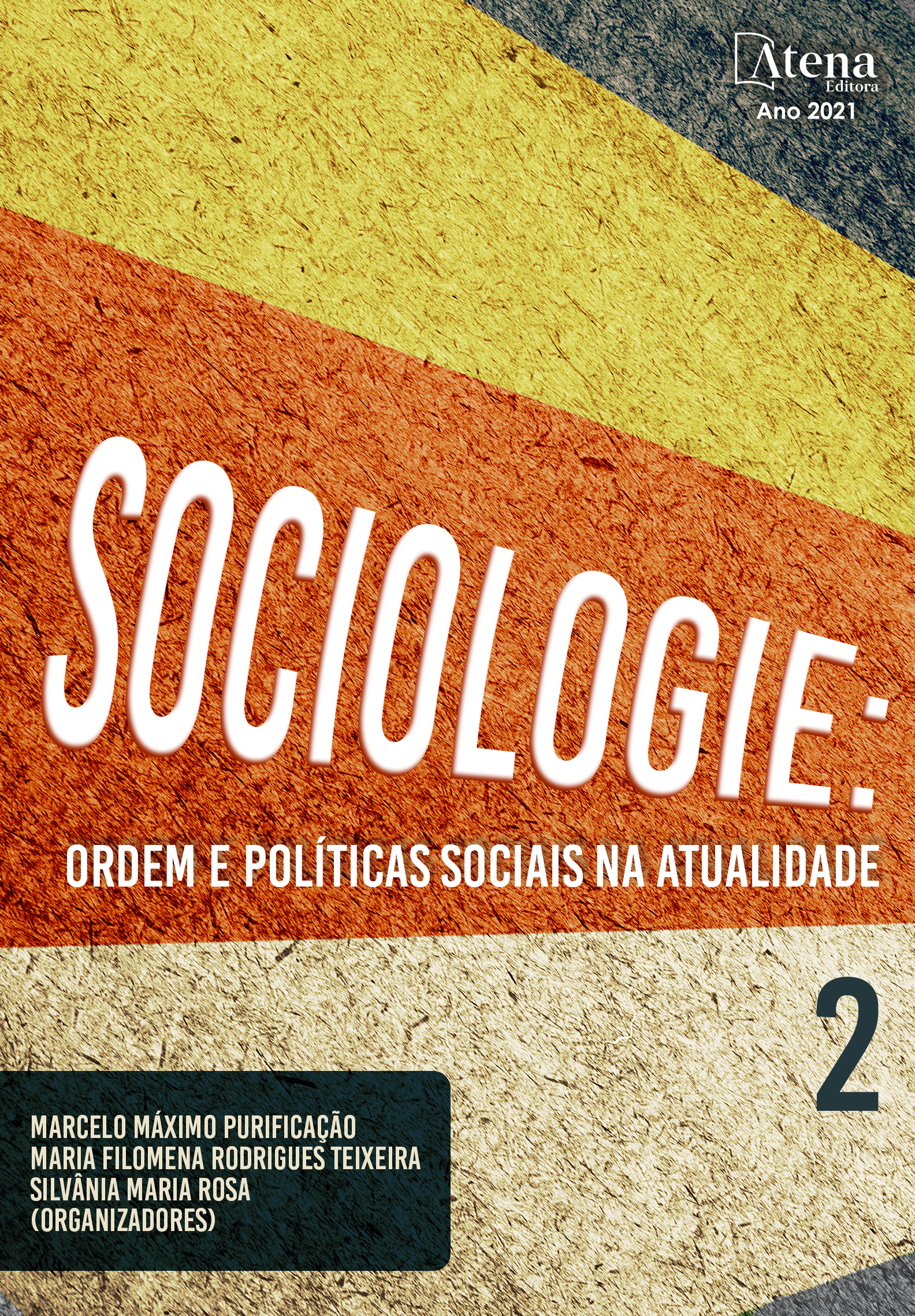
O PENSAMENTO CULTURAL KAINGANG SOBRE SAÚDE
No Brasil existem 305 povos indígenas, e o Kaingang é o grupo mais numeroso do Brasil Meridional. Falantes da língua Jê esse grupo pertence ao grande tronco macro-Jê e habita Territórios nos estados de São Paulo, Paraná, Santa Catarina e Rio Grande do Sul. Essa diversidade étnica consiste em uma das maiores riquezas culturais do país, e também significa desafios na elaboração e implementação de políticas públicas, com uma proposta diferenciada de atenção à saúde para atendê-los. Neste estudo, o objetivo é o de refletir sobre o pensamento cultural Kaingang e seus saberes sobre saúde. Os atores sociais desta reflexão habitam a Terra Indígena do Inhacorá, município de São Valério, Rio Grande do Sul. A fundamentação parte da problematização e entendimento de saúde elaborada pelos indígenas, aliada à produção de autores que estudam culturas, em especial a etnia Kaingang. No convívio com os atores sociais, mais os elementos da cartografia e rodas de conversa, o pensamento coletivo em saúde surge na inter-relação dos saberes e prática cultural que emana do “Kuiã, Kofá e parteiras”. Defendem que sem as conexões dos saberes tradicionais destes sábios no campo biomédico, uma proposta de atenção à saúde fica distante da realidade indígena. Para os Kaingang, a vida e os elementos da natureza fazem parte de uma mesma interface, onde são mantidas relações simbólicas e de reciprocidade que dão sentido ao jeito de ser e estar indígena em coletividade, e também assegura a manutenção e a preservação de saberes tradicionais repassados de geração para geração.
O PENSAMENTO CULTURAL KAINGANG SOBRE SAÚDE
-
DOI: 10.22533/at.ed.8022129111
-
Palavras-chave: Cultura; Saúde; Kaingang
-
Keywords: Culture; Health; Kaingang.
-
Abstract:
In Brazil, there are 305 indigenous peoples and the Kaingang one is the largest group in Southern Brazil. This Jê-speaking group belongs to the great macro-Jê family and it lives in Territories from the states of São Paulo, Paraná, Santa Catarina and Rio Grande do Sul. This ethnic diversity is one of the country`s biggest cultural richness, thus it implies challenges in the elaboration and implementation of public policies with a differentiated proposal to provide it with health care. This study aims at reflecting over the Kaingang cultural thinking and its knowledge on health. The social actors of this reflection inhabit the indigenous Inhacorá Land, in the municipality of São Valério, Rio Grande do Sul. The foundation of this study starts by raising questions in the attempt to understand health as elaborated by the indigenous subjects in connection to the production of authors who study cultures, especially the Kaingang ethnicity. Upon the interaction with the social actors in addition to mapping elements and rounds of conversation, the collective thinking about health raises from the inter-relations of knowledge and cultural practice that emanate from the “Kuiã, Kofá and midwives”. In their point of view, without connecting with the traditional biomedical knowledge of these wise members, any health care proposal will be far from the indigenous reality. For the Kaingang people, life and nature elements belong to the same interface where symbolic and reciprocal relations are kept and give sense to the indigenous way of to be and being within a collectivity while it also ensures the maintenance and preservation of traditional knowledge transmitted across generations.
-
Número de páginas: 13
- ALICE DO CARMO JAHN
- MARTA COCCO DA COSTA
- ETHEL BASTOS DA SILVA
- GABRIELA MANFIO POHIA
- ANTONIO JORECI FLORES
- ELAINE MARISA ANDRIOLLI


